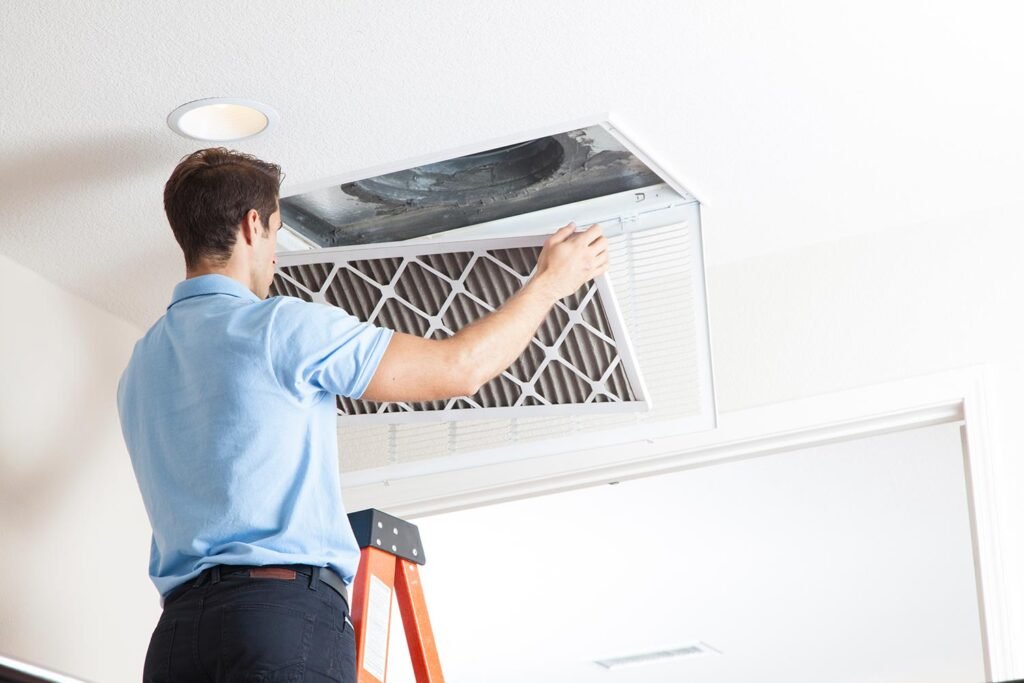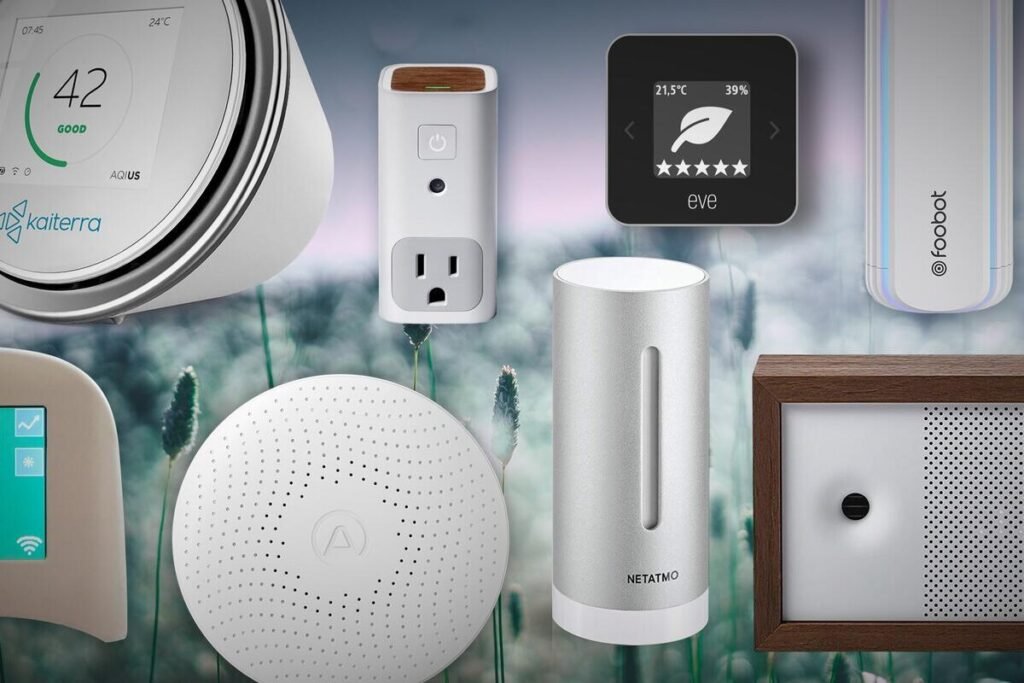Ensure Clean Indoor Due to the COVID-19 pandemic, millions of people worldwide have been spending more time indoors, which has increased awareness of our living environment. This has highlighted the vital necessity of indoor air quality. As the pandemic has passed, maintaining clean indoor air has become crucial for preserving health and wellbeing.

Understanding Indoor Air Quality
One important factor influencing health is indoor air quality (IAQ), which measures how safe and hygienic the air is within buildings. IAQ is influenced by a number of variables, such as the amount of pollutants present, humidity levels, and ventilation effectiveness.
Pollutants and Their Sources
Numerous contaminants can contaminate the air indoors. Low ventilation can cause an increase in carbon dioxide (CO2) levels, which is a sign of poor air exchange. Wet conditions are ideal for the growth of mold and mildew, which aggravates respiratory problems. Another common allergen that aggravates asthma and other allergies is pet dander.
Health Implications
There are both short-term and long-term health risks associated with indoor air quality exposure. Headaches, exhaustion, and respiratory irritation are possible short-term side effects.
Ventilation and Airflow
Enough ventilation is essential to keeping the air inside of buildings clean. Especially in mild weather, natural ventilation—opening windows and doors to let fresh air in—is an easy and efficient technique to improve the quality of the air. But year-round control over indoor air quality is largely dependent on mechanical ventilation systems, such as HVAC (heating, ventilation, and air conditioning) systems.

Humidity Control
For good indoor air quality, proper humidity levels must be maintained. Dehumidifiers aid in lowering the air’s excessive moisture content, which helps suppress dust mites and stop the growth of mold.
Source Control
Improving IAQ proactively involves reducing the sources of indoor air pollution. Selecting paints, cleaning supplies, and furniture with minimal or no volatile organic compounds (VOCs) can drastically cut down on chemical exposure.Frequent cleaning procedures can reduce the buildup of dust and allergens, such as dusting and vacuuming with HEPA-filtered vacuums.

Green Practices
Although they can’t replace adequate air filtration, houseplants can assist filter indoor air and enhance the atmosphere generally. But it’s crucial to choose plants that don’t encourage the formation of mold when they get too much water.
Personal Habits
Developing wholesome personal behaviors can improve respiratory and general health. Frequent exercise strengthens the respiratory and cardiovascular systems, which might enhance the body’s resistance to airborne contaminants. Maintaining the health and general comfort of mucous membranes also requires drinking enough of water.

Conclusion
In the post-pandemic era, ensuring clean indoor air requires a multimodal strategy that incorporates enhanced ventilation, cutting-edge air purification technologies, humidity control, source reduction, and lifestyle modifications. People and families can improve general well-being and create healthier living situations by implementing these techniques and incorporating new technology. The pandemic’s lessons present a chance to give indoor air quality a higher priority and implement long-lasting changes that enhance comfort and health.
FAQs
What is indoor air quality (IAQ) and why is it important?
The term “indoor air quality” (IAQ) describes how the state of the air within structures impacts the comfort and well-being of its inhabitants. Maintaining a high IAQ is essential since low air quality can cause a host of health concerns, such as allergies, chronic ailments including asthma and cardiovascular diseases, and respiratory disorders. Keeping indoor air clean promotes general wellbeing and a healthier living environment.
How do smart air purifiers work and what are their benefits?
They frequently have automatic purification level adjustments based on contaminants identified in real-time and real-time air quality monitoring. Convenience, increased effectiveness, and reliable air quality maintenance are among the advantages.
How often should I maintain or replace air filters in my HVAC system?
While filters used in locations with high levels of dust or pet dander may require more regular changes, high-efficiency filters may require fewer frequent replacements.
Can regular exercise and hydration impact indoor air quality?
Frequent exercise and hydration support respiratory health and overall well-being even if they have no direct impact on indoor air quality.



